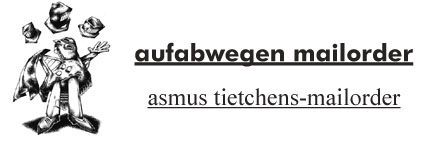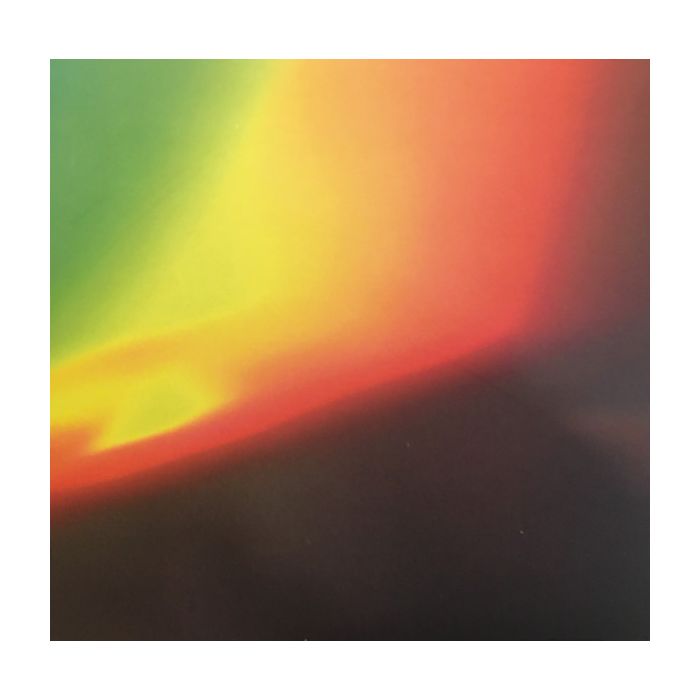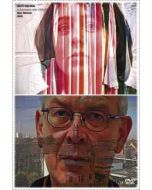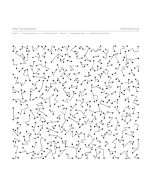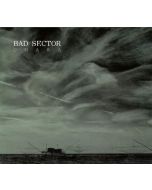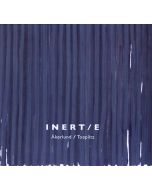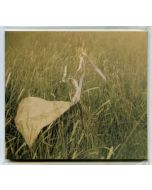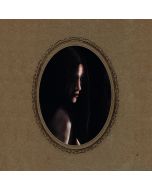M.B. (Maurizio Bianchi) & SONOLOGYST
| Artist | M.B. (Maurizio Bianchi) & SONOLOGYST |
|---|---|
| Titel | Forme |
| Format | CD |
| Label | Unexplained Sounds Group |
| Country | Italy |
| Cat.-No. | USG098 |
Maurizio Bianchi, referred to as the father of Italian electronic music, rarely looks backward. When asked where to start exploring his extensive discography, he recommends an album from his early period in the 1980s and whatever release is his latest. This relentless push for novelty has been at the core of his experimentalism for almost five decades. Despite his long career, he remains in the vanguard. Bianchi’s early work is a departure from traditional musical forms, using a textural and process-oriented approach. His pieces explore psychological states, using sound as a medium. He often discusses his music as a form of resistance against the commodification of culture, seeking to maintain an integrity that challenges both the listener and prevailing norms. Bianchi’s intellectual and artistic independence is central to his explorations of sound, technology, and their impact on emotion.
A similar form of unquiet exploration has defined the career of Raffaele Pezzella. In addition to music recorded under various pseudonyms, Pezzella publishes two or three releases per month across the four labels making up his Unexplained Sounds Network. Pezzella is curator in addition to sound engineer, artist, and label head, finding a wide variety of music from around the world that falls somewhere in the Venn diagram of ambient, acousmatic, post-industrial, sound art, and the outright weird. His Sound Mapping project consists of more thirty-five releases, a valuable document of modern sonic avant-garde from around the world. As Sonologyst, Pezzella integrates digital methods with analog instruments, producing abstract, dreamlike soundscapes haunted by phantoms of the mind. His work is deeply influenced by musique concrète, sound libraries of old documentaries, and he looks to figures such as Brian Eno, Pauline Oliveros, Terry Riley, Jon Hassel and - of course - Bianchi as inspiration. His interdisciplinary approach also draws from literature (Lovecraft, Burroughs, Ballard), film (Tarkowskij, Cronenberg), philosophy (hauntology, nihilism), and science (particle physics).
While Bianchi and Pezzella differ in generation and sound, their artistic philosophies align - the urge to innovate and willingness to push against artificial boundaries of genre are manifested in restless manipulations of the raw fabric of sound. While from different eras, the Euclidean distance between Bianchi and Pezzella in musical space is quite small.
(label info)
